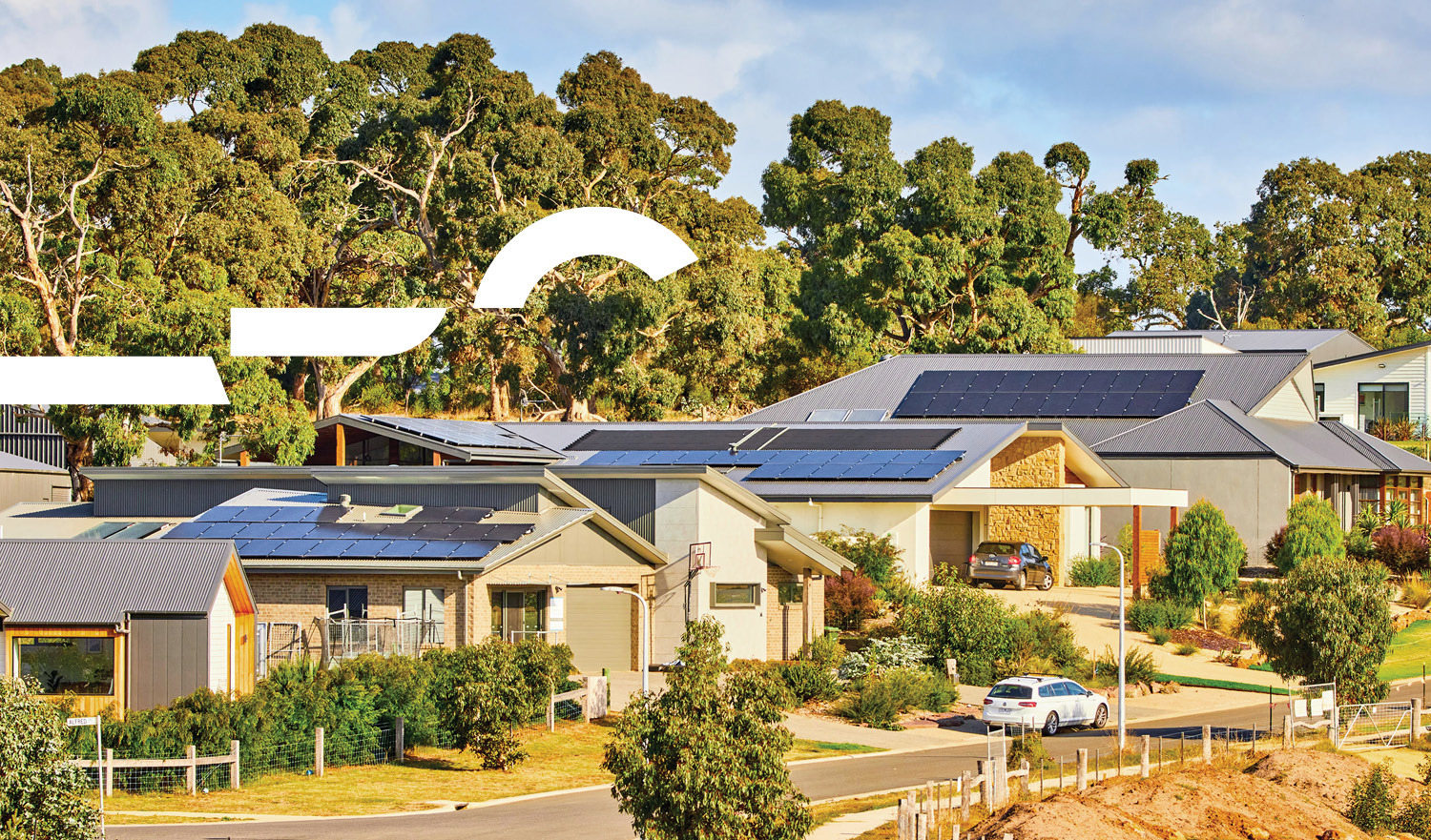Solar power is a remarkable way to tap into the Earth's most abundant and sustainable energy source – the sun. Installing solar panels on your home can bring a multitude of benefits to both your pocket and the environment.
There are primarily three types of solar panel systems suitable for homeowners:
- Grid-connected systems: These systems are connected to the electricity grid (the network that carries electricity from power stations to your home). When your solar panels generate excess electricity, it can flow back into the grid, earning you credits or payments from your energy company. Many homeowners prefer grid-connected systems because they’re easy to use and offer potential cost savings.
- Off-grid systems: If you live in a rural area of Australia without access to the electricity grid, an off-grid solar system is an excellent solution. These systems include batteries to store excess energy for use during periods of low sunlight. While they provide energy independence, they require careful planning to ensure consistent power supply.
- Hybrid systems: These systems combine the advantages of both grid-connected and off-grid systems. They are connected to the grid but can also have battery storage to provide backup power during outages – this hybrid approach offers the best of both worlds.
Benefits of solar panels for homeowners
- Reduced energy bills: With solar, a typical household can save more than $1,000 every year on energy bills (source: solar.vic.gov.au)
- Environmental impact: Solar energy is a clean and renewable source, producing no greenhouse gas emissions or air pollutants.
- Increased property value: Homes equipped with solar panels often have higher property values. Potential buyers are attracted to energy-efficient features that promise long-term savings.
- Government incentives: The government offers rebates and interest-free loans to encourage homeowners to get solar. These can significantly lower the upfront cost of installing solar panels.
- Low maintenance: Solar panels require minimal maintenance – just a bit of cleaning and the occasional inspection to make sure they’re working properly.
- Energy independence: Generating your electricity means you're less affected by energy price fluctuations and potential grid outages, providing a sense of energy security.
- Long lifespan: Solar panels have a long lifespan, typically ranging from 25 to 30 years or more. This provides reliable and consistent energy savings for decades.
Making the switch to solar
If you’re considering getting solar at home, here are the steps to take:
- Assess: Evaluate your energy consumption patterns, available roof space, and where on your rooftop they should be ideally installed. This will help you determine the right system size for your home and budget. A solar company like RACV Solar can help you do this.
- Choose a system: With help from a solar company, choose a system that aligns with your energy goals, considering factors such as panel efficiency, warranty, and aesthetics.
- Professional installation: Make sure you choose a company that is approved by the Clean Energy Council, which is known as a New Energy Tech Approved Seller.
- Financial considerations: Explore available incentives, rebates (such as the Solar Victoria panel rebate) and financing options that can make the upfront cost of a solar system more manageable.
- Energy use: Once you have solar installed, to get the most out of it, try to use appliances (dishwasher, washing machines, dryer, etc) when the sun is shining.
